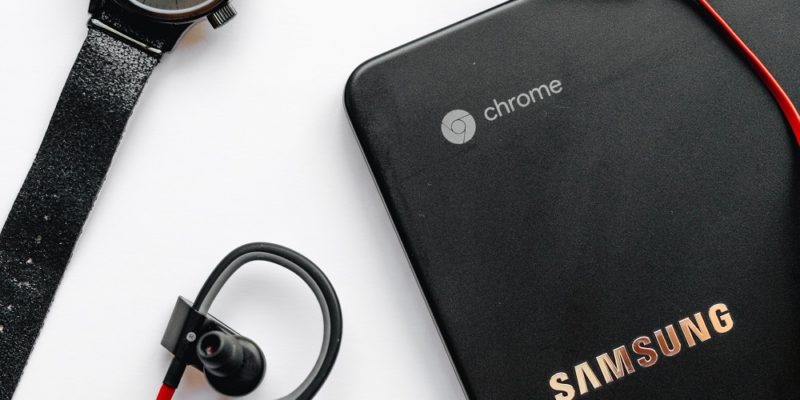 Google Settles Lawsuit Over Tracking ‘Incognito Mode’ Chrome Users
Google Settles Lawsuit Over Tracking ‘Incognito Mode’ Chrome Users
Google is settling a class-action lawsuit over how it tracks data from individuals using browsers in “private” or “incognito” mode. The plaintiffs in Brown et al v. Google LLC alleged that Google violated US federal laws regarding wiretapping and invasion of privacy, by continuing to track, collect, and identify browsing data from users of “Incognito…









